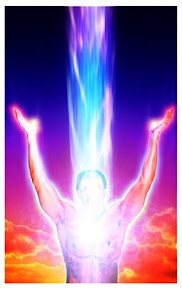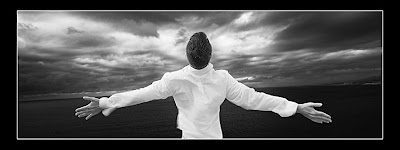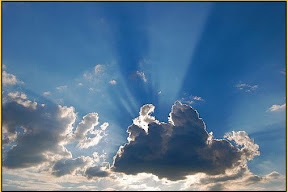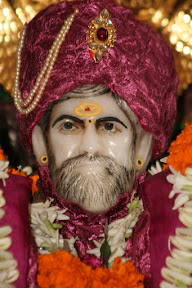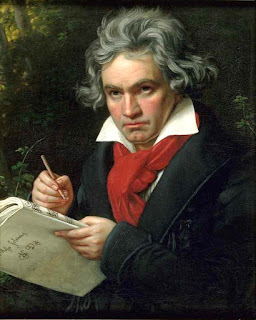Spiritual Healing
We often hear the term “spiritual healing” as one being used incessantly these days. Many people tend to make a quick buck out of offering such services to those in dire need. However many times, we fail to cognize the true meaning of the term itself. Indeed the true meaning of spiritual healing is even lost upon those who claim to offer it. So in reality what does spirtual healing comprise of? What is the true essence of the process and what does it truly accomplish? The aforementioned questions often plague the heart of the sincere seeker as he walks the road to self-realization. The human life is ultimately a journey of evolution. Human Beings evolved from primates, imbimbing in themselves superior characteristics that distinguished them from their counterparts in the animal kingdom. Simply put, as man evolved through time, he started becoming more and more virtuous. He was endowed with a superior brain, shrewd intellect and the ability to cognize and effectively discern as to what is in his best interests.
The spiritual journey is ultimately a journey of evolution. It is the journey that takes the human being to the plinth of the evolutionary cycle as the spiritual path creates a divine entity out of the shell of a man that walks it. As any seeker walks the spiritual path with great devotion, desire and dedication in his heart, he subconciously starts to experience a spiritual change occuring in him. I refer to the change as being spiritual for it indeed is so. The spirit undergoes significant change. Through the countless incarnations that the spirit goes through in its journey on this wretched lands, the spirit accumulates many traits. Some of them are good, while most of them are bad. I refer to these traits explicitely as being good or bad, for indeed the good traits are those that are conducive to the seeker’s quest for emancipation; while the bad ones are those that create an undesirable shunting in his spiritual journey.
Thus when a seeker finds his true master; or rather when the master finally seeks out the seeker, it is for the sole purpose of spiritual healing. What spiritual healing accomplishes in the end is that it completely ablates the bad traits from the seeker’s spirit while enricing the good ones. In a way the process of spiritual healing acts as a great catalyst in the seeker’s evolution. The master is ultimately the one that initiates and implements this process in the seeker. As the seeker spends more time with his master, through the sheer power of the presence of the illumined being, his spirit gets healed. The master on his own part always seeks to enrich and embellish the spirit with all that is good. At times through gentle cajoling and at times through sterner words, he carefully leads the seeker on the path of realization.
One simply cannot decribe the importacne that the master ultimately plays in the seeker’s spiritual journey. The many processes that he initiates and implements within the seeker are intricate beyond the scope of human intellect. While many in the world claim to heal others spiritually, only a realized master can truly accomplish it. While this article gives a brief overview of the process of spiritual healing, it can hardly relate to you the true scope of this divine venture. However, one thing is for certain; thousands squander in darkness and death, searching in vain for life’s true wealth, as the lone seeker humbly kneels, the hands of the master, with love they heal…
Back to Index.
